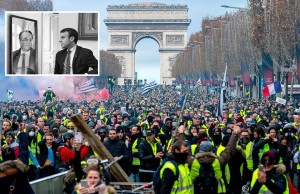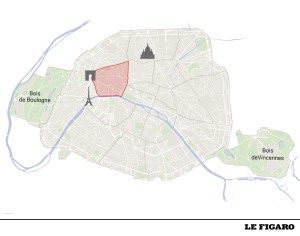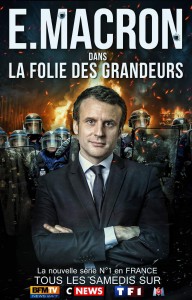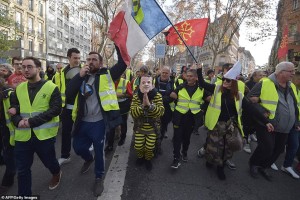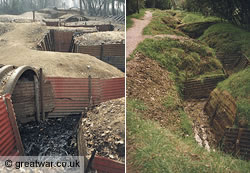The escalation of American involvement in Ukraine continues in spite of growing questions about it. There is a whole bipartisan obsession with that country, going back to Joe Biden’s involvement and his son’s. Even before that, there was much concern about the fact that Ukraine was the site for many of the USSR’s nuclear missiles. With the end of the Cold War and the collapse of the USSR, fears about those missiles resulted in an agreement. The 1994 agreement to remove those missiles, included a promise to protect Ukraine from aggresion.
The U.S., in a burst of diplomatic energy and at a time of unmatched global influence, worked to prevent the unprecedented collapse of a nuclear superpower from leading to history’s largest proliferation of nuclear weapons.
It was at a time of immense US power and a weakened Russia.
This diplomatic activity manifested in security assurances for Ukraine embedded in what has become known as the Budapest Memorandum. With the entrance of Ukraine into the international order as a non-nuclear state, Russia, the U.S. and the U.K. pledged to “respect the independence and sovereignty and the existing borders of Ukraine.” The memo reaffirmed their obligation to “refrain from the threat or use of force against the territorial integrity or political independence of Ukraine.” The signatories also reaffirmed their commitment to “seek immediate” UN Security Council action “to provide assistance to Ukraine … if Ukraine should become a victim of an act of aggression.” These assurances upheld obligations contained in the U.N. charter and the 1975 Helsinki Final Act.
The nuclear weapons were sent to Russia to dismantle them. In 2014, sensing US weakness and indecision, Russia invaded and took possession of Crimea. Russia has a long history with Crimea.
Some argue that Putin’s annexation of Crimea is an attempt to return Russia to the glory of its pre-Soviet days, “as one of the world’s greatest civilizations.” Although Ukrainian nationalism remains strong, particularly in the eastern part of the country, Ukrainian officials and analysts report to Radio Free Europe/Radio Liberty that significant demographic transformation is underway, with a huge influx of ethnic Russians.
This may or may not be true. Eastern Ukraine has many Russian speaking people, or had, and plebiscites have been confusing. There has been some evidence that those Russian speakers have been bombarded by Ukrainian forces for years.
In 2010, Victor Yanukovych, a pro-Russian Ukrainian was elected president.
Prior to entering national politics with his successful run for parliament in 2006, Yanukovych was the Governor of his native Donetsk Oblast from 1997 to 2002. He was simultaneously the Chairman of the oblast’s legislature from 1999 to 2001.
Yanukovych first ran for president in the 2004 election, where he advanced to the runoff and was declared the winner against former Prime Minister Viktor Yushchenko. However, allegations of electoral fraud and voter intimidation caused widespread protests and Kyiv’s Independence Square was occupied in what became known as the Orange Revolution. The Ukrainian Supreme Court ultimately nullified the runoff election and ordered a rerun, which Yanukovych lost to Yushchenko. Yanukovych ran for President again in the 2010 election, this time beating Prime Minister Yulia Tymoshenko in an election that was judged free and fair by international observers.[5][6]
Yanukovych had represented a Russian speaking portion of eastern Ukraine and was seen by the CIA as a Russian ally.
(more…)
